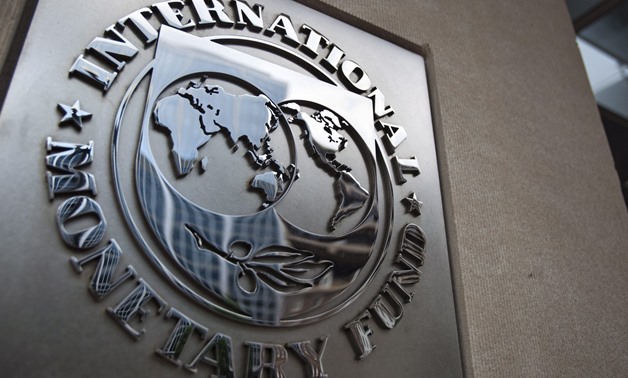
International Monetary Fund (IMF) - REUTERS
DUBAI - 13 November 2018: The International Monetary Fund (IMF) expects an increase in private investment in Egypt due to improved confidence.
In its Regional Economic Outlook: Middle East and Central Asia November 2018, the IMF said this surge reflects base effects from receding macroeconomic imbalances during 2016–17 and an improved business environment.
According to the report, the Egyptian economy is expected to grow during this year to reach 5.3 percent then 5.5 percent in 2019 up from 4.2 percent in 2017.
The report expected the average annual inflation rates in Egypt to record 13.9 percent in 2018 down from 29.5 percent in 2017 before further declining to 12.6 percent in 2019.
Moreover, tourist arrivals have risen steadily following improvements in security, a weaker exchange rate, and a resumption of direct flights from Russia. More broadly, growth in Europe has supported an increase in exports across the region.
Monetary authorities in Egypt have largely maintained a neutral or tightening monetary policy stance that remains broadly appropriate, the IMF acknowledged, noting, however, they will need to remain vigilant against a rise in inflation and stand ready to anchor inflation expectations should second-round effects from higher energy and food prices materialize.
With new laws on bankruptcy and insolvency, Egypt has sought to facilitate
the restructuring of failing firms, the report said. Egypt is also taking steps to make it easier to improve access to industrial land for business and will sell minority shares in five state firms this year to reduce the role of the state in the economy.
The IMF report also touched upon what it called frameworks to combat corruption and enhance transparency and accountability of state-owned enterprises, while increasing competition by enacting regulations to standardize the public procurement process and strengthening the competition
authority.
A large section of the economy in the region is dominated by a low productivity informal sector, with the formal sector accounting for only a third of employment in the region, the report stated.
Businesses with five or fewer employees dominate the private sector in Egypt with 60 percent.
Some countries, including Egypt, have made important progress in reducing subsidies, especially fuel subsides, and, consequently, in improving their fiscal resilience, the IMF said.
In parallel, to enhance the equity of reform and support growth, some countries, including Egypt, have coupled subsidy reforms with strengthening targeted social safety nets, it added.

Comments
Leave a Comment